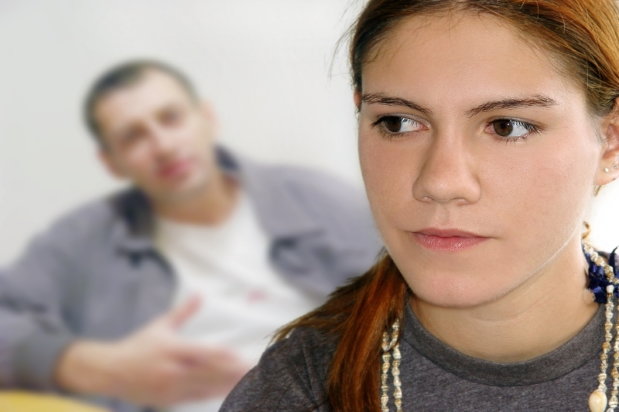When it comes to physical and verbal abuse, addiction is often part of the picture. Researchers have come to the conclusion that abuse and addiction can go hand in hand, and if not addressed equally, the abusive and dysfunctional cycle can go on and on. You’ve probably witnessed a friend or family member in a toxic, abusive relationship at some point and, chances are, one or both of the partners in that relationship were abusing alcohol or drugs.
When someone is addicted to a mind-altering substance, he or she may end up becoming emotionally unstable. Feelings of anger, rage, jealousy and other negative emotions can arise. Unfortunately, when under the influence of drugs or alcohol, the addict oftentimes takes these frustrations out on his partner or children—verbally or physically. If the partner has low self-esteem or emotional insecurity, she may be too timid and scared to leave the relationship and endure the toxic cycle of abuse year after year. Likewise, children may feel powerless in an abusive household and can thus become victims of long-term abuse.
Being intoxicated or high on drugs certainly can bring the worst out in a person, making it more likely for negative emotions or fits of anger or rage to occur. It’s not just physical abuse that occurs either; emotional and mental abuse occur as well, and can be just as damaging.
Here are four key things you ought to know when it comes to addiction and abuse:
1. As the addiction worsens, so can the abuse.
Since there is a connection between abuse and addiction, the more one abuses substances, the worse the abuse can become. As you are probably well aware, alcohol and drugs help you to let go of inhibitions, so if you have impulses to hurt others who make you angry, you are more apt to act on such impulses when intoxicated or high. This is a key reason why a great number of people who abuse others are also struggling with addiction.
2. The abuse can continue forever.
Even if the abuser loves his partner and family, he may not stop the abuse. It’s not that he doesn’t want to stop, because he very likely does. The addict just finds it difficult to stay in control when under the influence of booze or drugs. Many times the only way the abuse stops is when the abused person ends up leaving the relationship. Of course, there is treatment for addiction, as well as for anger management, but unless the abuser admits there is a problem and actively engages in such treatment, the abuse cycle can continue long-term.
3. Hot-tempered people are more prone to abusing.
If someone already has a hot temper, abusing alcohol or drugs can just make that anger ten times worse. Or, if someone is quite tense and uptight when sober, getting intoxicated can cause a hefty mood swing toward the negative as well.
4. Both conditions ought to be treated at the same time.
A dual diagnosis of addiction and anger management is quite common. It is important to treat both conditions simultaneously, as there may be one root cause for both conditions. This is why treatment by counseling professionals is important, as they are often trained to handle both conditions.
What You Need to Do
If you are in a relationship where you are being abused verbally or physically, know that you do not have to put up with it any longer. Whether there is addiction occurring or not, there is help available for you to stop the cycle of abuse. With the help of a professional counselor or treatment provider, you can be guided in initiating a heart to heart discussion with your partner and, if changes are not made, an exit plan ought to ensue. Resolve to begin a new life in which you are committed to being sober. Dedicate yourself to healing and evolving in your mind, body, and spirit.
If you are struggling with addiction and/or you are abusing someone verbally or physically, it is time to reach out for help. You do not have to continue repeating the vicious cycle of abuse any longer. Please visit our directory of treatment centers or call 866-606-0182 to make the changes necessary to break free.








